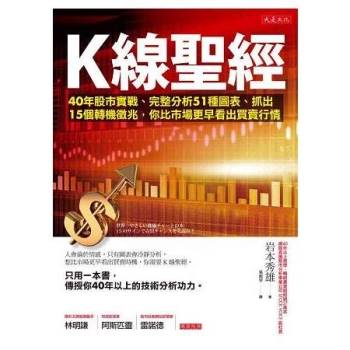This book presents empirical and anecdotal evidence on the persistence of the variety of Majorcan Catalan that has been spoken since the 1850s in San Pedro, Argentina. Drawing on a series of 60-minute interviews (N=49) conducted with speakers recruited from the community, this study demonstrates how most participants appear to have preserved their heritage language to some extent, according to their observed Performative Language Competency levels (PLCs). Building on participants’ firsthand accounts, additional historical, anthropological, and sociolinguistic details are provided to convey a vivid picture of the community, its traditions, speakers’ attitudes to their heritage language, and the current status of San Pedro Majorcan Catalan in terms of endangerment. Within the field of understudied minority languages in the Americas, the reader of this volume will find an innovative, distinct approach to bilingualism in ’heritage vs. majority language’ settings, which will beof interest to scholars and students with a background in sociolinguistics, bi- and multilingualism, and language policy and revitalization.
| FindBook |
|
有 1 項符合
majorcan catalan in san pedro, argentina: the case for an endangered heritage language variety的圖書 |
 |
$ 8399 | Majorcan Catalan in San Pedro, Argentina: The Case for an Endangered Heritage Language Variety
作者:Gandarillas 出版社:Palgrave MacMillan 出版日期:2024-10-24 語言:英文 規格:精裝 / 普通級/ 初版  看圖書介紹 看圖書介紹
|
|
|
圖書介紹 - 資料來源:博客來 評分:
圖書名稱:Majorcan Catalan in San Pedro, Argentina: The Case for an Endangered Heritage Language Variety
內容簡介
作者簡介
Marc Gandarillas is a PhD candidate in Hispanic and Romance Linguistics at the Department of Spanish and Portuguese Studies, University of Florida, USA. He specializes in variationist sociolinguistics as applied to Catalan heritage communities in the Americas, for which he has been awarded a Fundació La Caixa scholarship. His interests include, but are not limited to, sociolinguistics, anthropological linguistics, revitalization of minority/minorized languages, and language ecology and policy within a context of institutional multilingualism (including issues ranging from neology to language standardization in educational settings and the media).
|










